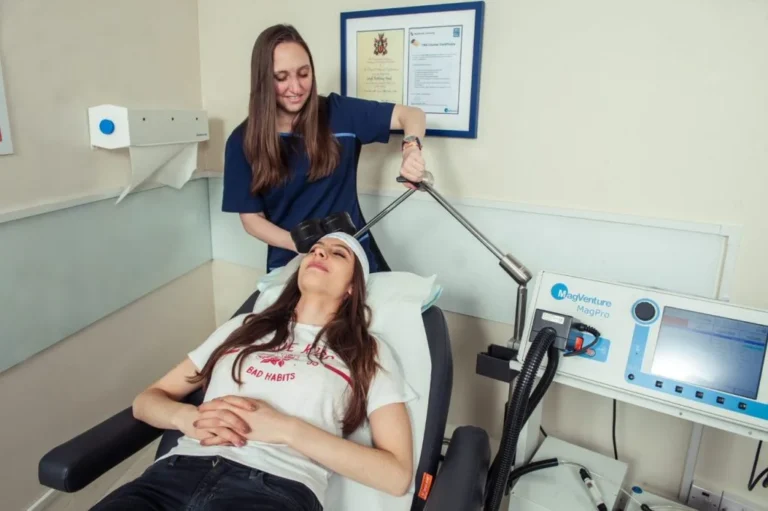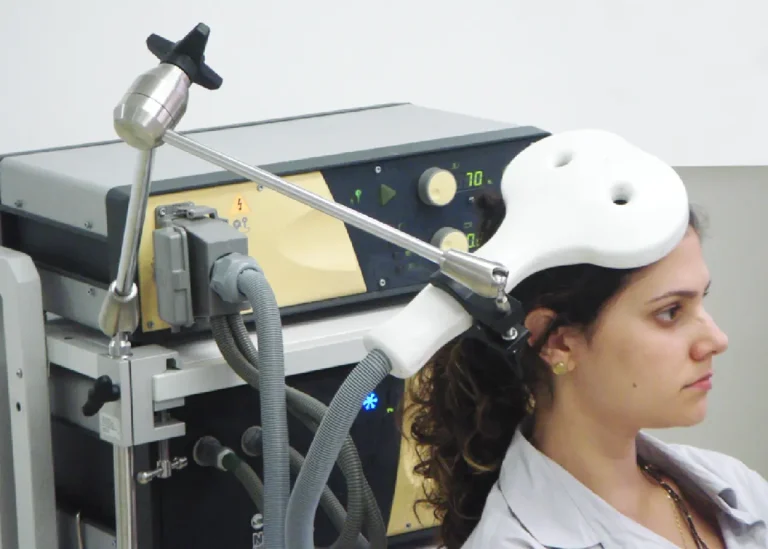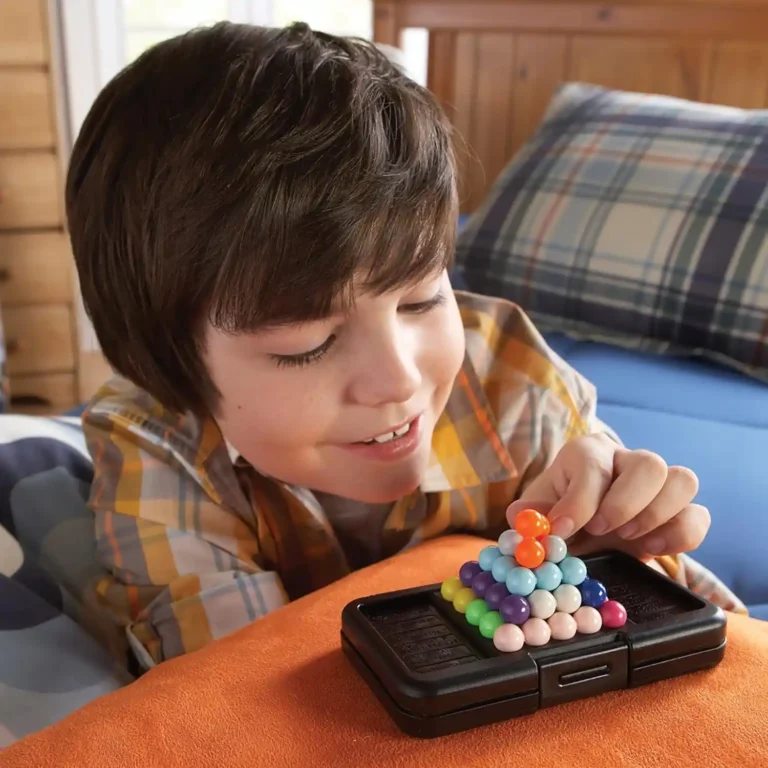Brain teasers are puzzles that challenge your critical thinking, logic, and problem-solving skills.
Whether you’re preparing for a job interview or simply looking to exercise your mind, mastering the art of brain teasers can be a rewarding and stimulating experience.
In this ultimate guide, we’ll explore the different types of brain teasers, strategies for tackling them, and practical tips to help you excel at these mind-bending challenges.
What Are Brain Teasers?
Brain teasers are puzzles that test your ability to think outside the box and find creative solutions to problems.
They can take various forms, from logic puzzles and riddles to mathematical challenges and spatial reasoning tasks.
Brain teasers are often used in job interviews, particularly in fields like consulting, finance, and technology, to assess a candidate’s problem-solving skills and ability to think under pressure.
Why Are Brain Teasers Important?
Brain teasers are valuable tools for developing and exercising critical thinking skills.
By regularly engaging in brain teasers, you can:
- Improve your problem-solving abilities
- Enhance your logical reasoning skills
- Boost your creativity and lateral thinking
- Train your mind to think more flexibly and adaptively
Additionally, brain teasers can be fun and engaging, providing a mental workout that can help reduce stress and improve overall cognitive function.
Types of Brain Teasers
Brain teasers come in many forms, each with its own unique challenges and strategies.
Here are some of the most common types:
Logic Puzzles
Logic puzzles test your ability to use deductive reasoning to arrive at a solution.
They often involve multiple steps and require you to eliminate possibilities based on given clues.
Examples include sudoku, cryptograms, and lateral thinking puzzles.
Mathematical Challenges
These brain teasers involve calculations, equations, and numerical reasoning.
They can range from simple arithmetic problems to more complex mathematical puzzles.
Examples include number sequence problems, probability puzzles, and geometric challenges.
Spatial Reasoning Tasks
Spatial reasoning brain teasers test your ability to visualize and manipulate objects in your mind.
They often involve rotating, folding, or rearranging shapes and patterns.
Examples include tangrams, Rubik’s cubes, and visual illusions.
Riddles and Word Games
Riddles and word games challenge your linguistic skills and ability to think creatively.
They often involve puns, metaphors, and double meanings.
Examples include rhyming riddles, anagrams, and rebus puzzles.
Strategies for Solving Brain Teasers
When tackling a brain teaser, it’s important to approach it systematically and avoid getting overwhelmed.
Here are some strategies to help you solve brain teasers more effectively:
- Read the instructions carefully: Make sure you understand the rules and constraints of the puzzle before attempting to solve it.
- Break it down: Divide the problem into smaller, more manageable parts and tackle each one individually.
- Visualize the solution: If the puzzle involves spatial reasoning, try to visualize the solution in your mind or use physical objects to model the problem.
- Think outside the box: Don’t be afraid to try unconventional approaches or think creatively.
Brain teasers often require lateral thinking to find the solution. - Eliminate possibilities: Use the given information to rule out potential solutions that don’t fit the criteria.
- Check your work: Once you’ve arrived at a solution, double-check your work to ensure it meets all the requirements of the puzzle.
Tips for Mastering Brain Teasers
Here are some additional tips to help you become a brain teaser pro:
- Practice regularly: The more brain teasers you solve, the better you’ll become at recognizing patterns and applying effective strategies.
- Seek out challenging puzzles: Don’t stick to the same types of brain teasers.
Challenge yourself with new and more complex puzzles to keep improving. - Collaborate with others: Discussing brain teasers with friends or colleagues can provide new perspectives and insights that can help you solve the puzzle.
- Stay calm and focused: Brain teasers can be frustrating, but try to stay calm and focused.
Getting flustered can make it harder to think clearly. - Have fun: Remember, brain teasers are meant to be enjoyable.
Approach them with a positive attitude and a sense of adventure.
Table: Common Types of Brain Teasers
| Type | Examples | Skills Tested |
|---|---|---|
| Logic Puzzles | Sudoku, cryptograms, lateral thinking puzzles | Deductive reasoning, elimination of possibilities |
| Mathematical Challenges | Number sequence problems, probability puzzles, geometric challenges | Numerical reasoning, calculations, equations |
| Spatial Reasoning Tasks | Tangrams, Rubik’s cubes, visual illusions | Visualization, manipulation of objects |
| Riddles and Word Games | Rhyming riddles, anagrams, rebus puzzles | Linguistic skills, creative thinking |
The Benefits of Regular Brain Teaser Practice
Engaging in brain teasers regularly can provide numerous benefits beyond just improving problem-solving skills.
A study conducted by researchers at the University of Michigan found that participants who solved brain teasers for just 15 minutes per day showed significant improvements in memory, attention, and processing speed over a 6-week period.
Additionally, a 2016 study published in the Journal of Alzheimer’s Disease suggested that regularly challenging your brain with puzzles and games may help reduce the risk of cognitive decline and dementia later in life.
Incorporating Brain Teasers into Your Daily Routine
One of the keys to mastering brain teasers is to make them a regular part of your daily routine.
This could involve setting aside a specific time each day to work on puzzles, such as during your morning commute or during a break at work.
Alternatively, you could keep a collection of brain teasers on hand and challenge yourself whenever you have a few spare minutes, such as while waiting in line or during commercial breaks while watching TV.
The important thing is to make brain teasers a consistent habit, just like exercise or meditation.
Sharing Brain Teasers with Others
Another great way to improve your brain teaser skills is to share them with friends, family, or colleagues.
Discussing brain teasers with others can provide new perspectives and insights that you may not have considered on your own.
You could organize a regular brain teaser club or challenge, where everyone takes turns bringing in puzzles to solve together.
This not only helps improve your own skills but also fosters a sense of community and collaboration around the shared love of brain teasers.
Applying Brain Teaser Skills to Real-World Problems
While brain teasers may seem like purely academic exercises, the skills you develop in solving them can actually be applied to real-world problems and challenges.
The ability to think critically, analyze information, and find creative solutions is valuable in any field or context.
For example, a business leader might use the strategies they’ve learned from brain teasers to tackle complex organizational challenges, while a scientist might apply their lateral thinking skills to approach research problems from new angles.
By recognizing the transferable nature of brain teaser skills, you can unlock their full potential in your personal and professional life.
The Neuroscience Behind Brain Teasers
From a neuroscientific perspective, engaging in brain teasers activates various regions of the brain associated with problem-solving, memory, and creativity.
A 2013 study published in the journal Frontiers in Psychology found that solving insight problems, a type of brain teaser, led to increased activity in the prefrontal cortex, an area of the brain responsible for higher-order cognitive functions.
Additionally, research has shown that challenging your brain with puzzles and games can promote neuroplasticity, the brain’s ability to adapt and change over time in response to new experiences and stimuli.
By regularly engaging in brain teasers, you may be able to strengthen neural pathways and potentially even create new ones, leading to improved cognitive function and overall brain health.
Conclusion
Brain teasers are not only fun and engaging but also a powerful tool for improving critical thinking, problem-solving, and cognitive function.
By understanding the different types of brain teasers, mastering effective strategies for solving them, and making them a regular part of your routine, you can unlock the full potential of these mind-bending puzzles.
Whether you’re looking to excel in job interviews, keep your mind sharp as you age, or simply enjoy the satisfaction of solving a challenging puzzle, brain teasers are a valuable resource that can benefit you in countless ways.
FAQs About Brain Teasers
What is the purpose of brain teasers?
Brain teasers are designed to challenge your critical thinking, problem-solving, and creative abilities.
They can be used for entertainment, cognitive exercise, or assessment in job interviews.
Are brain teasers only for smart people?
No, brain teasers can be enjoyed by people of all skill levels.
With practice and persistence, anyone can improve their ability to solve brain teasers.
Can brain teasers help improve intelligence?
While brain teasers can’t directly increase your intelligence, they can help develop and exercise cognitive skills that contribute to overall intelligence, such as problem-solving, logical reasoning, and creative thinking.
How long should it take to solve a brain teaser?
There is no set time limit for solving brain teasers.
Some puzzles may be solved quickly, while others may take more time and effort.
The key is to approach each brain teaser with patience and persistence.
Are there any tips for solving brain teasers quickly?
Some tips for solving brain teasers quickly include:
- Carefully read and understand the instructions.
- Break the puzzle down into smaller, manageable parts.
- Eliminate possibilities based on the given information.
- Think creatively and outside the box.
- Practice regularly to improve your problem-solving skills.
Can brain teasers help with memory?
Yes, brain teasers can help improve memory by challenging you to remember and apply various strategies and techniques to solve the puzzle.
The more you practice, the better your memory will become at recalling and applying these problem-solving methods.
Are there any online resources for practicing brain teasers?
Yes, there are many online resources available for practicing and improving your brain teaser skills, such as:
- Brain teaser websites and apps.
- Online puzzle communities and forums.
- Brain teaser books and ebooks.
How can I incorporate brain teasers into my daily routine?
Set aside time each day to work on puzzles, keep a collection of brain teasers handy, or challenge yourself during spare moments.
What are some common barriers to solving brain teasers?
Common barriers include anxiety, lack of familiarity with the puzzle type, and cognitive overload.
Practicing regularly can help overcome these challenges.
How can I share brain teasers with others?
You can organize a brain teaser club, challenge friends to solve puzzles together, or share interesting puzzles on social media.
How can brain teasers benefit my career?
Strong critical thinking skills developed through brain teasers can enhance your problem-solving abilities, making you a more effective employee or leader.
Hey there!
If you found this guide helpful, consider sharing it with your friends or colleagues who might also be interested in improving their brain teaser skills.





